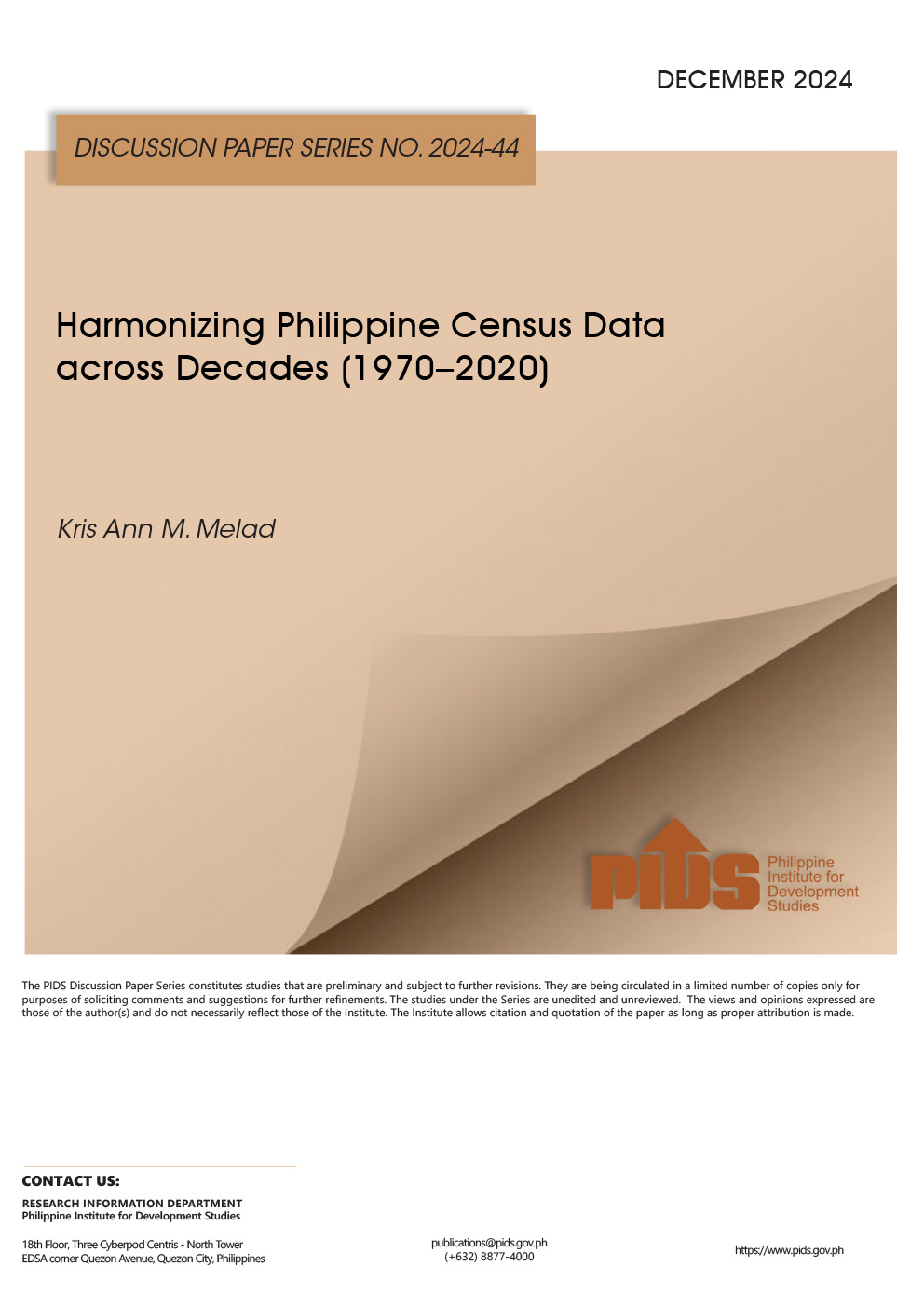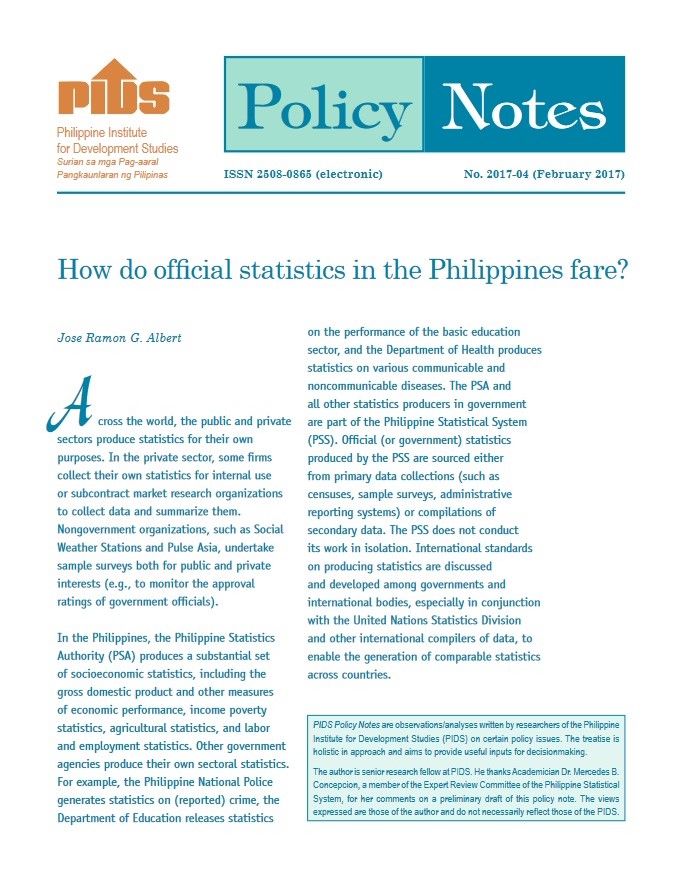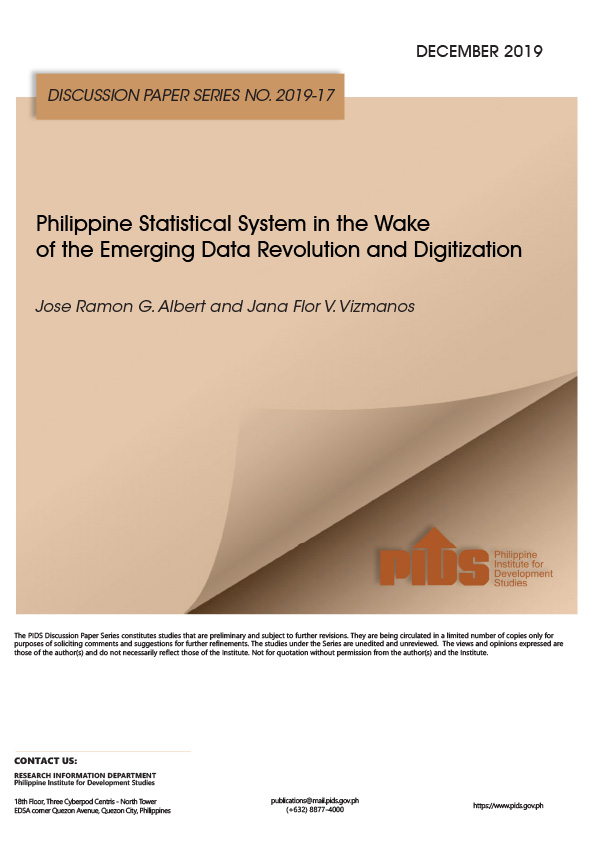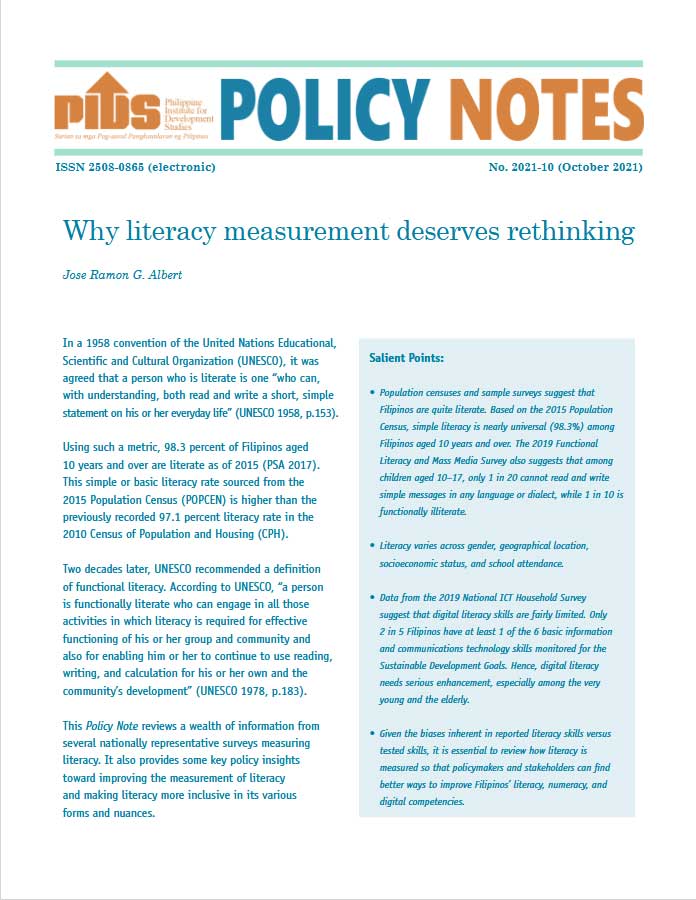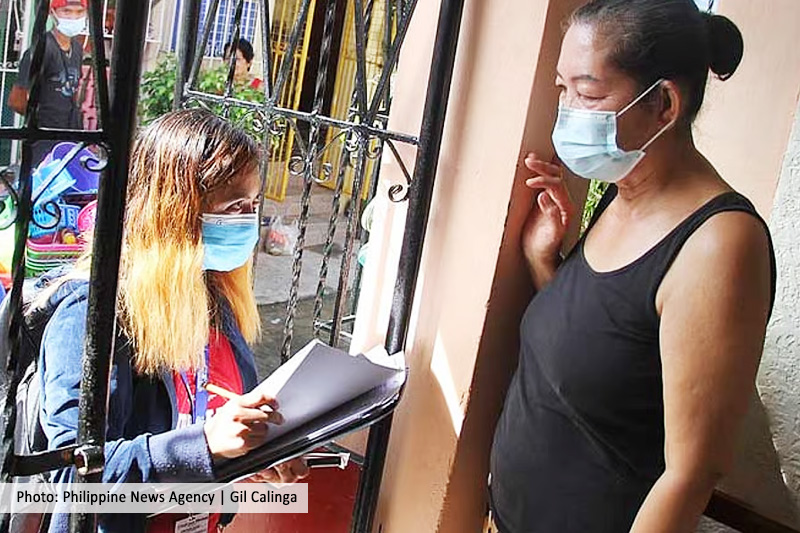This research harmonizes Philippine Census of Population and Housing (CPH) data from 1970 to 2020 to address data consistency challenges across five decades. The study systematically reconciles evolving variable definitions, classification systems, and measurement scales to create a unified longitudinal dataset. Key harmonization challenges include accommodating changes in the education system, such as the K-12 reforms, tracking modifications to administrative boundaries over the years, managing the expanding data scope across census years, and addressing historical data preservation issues, particularly for the 1970 and 1980 censuses. The research involved the creation of translation tables and crosswalks for major classification systems, including the Philippine Standard Geographic Classification (PSGC), Philippine Standard Occupational Classification (PSOC), and Philippine Standard Industrial Classification (PSIC). Variable-specific harmonization protocols and guidelines for researchers using the harmonized data are also documented. The harmonization process standardized core demographic variables across all periods while preserving more detailed classifications where possible, though some variables necessarily lost granularity when harmonized to their lowest common denominator. Beyond producing a consistent dataset for longitudinal analysis, this study contributes to PIDS's agenda of strengthening statistical systems for evidence-based policymaking. The paper concludes with recommendations for improving future census data collection and harmonization practices to support effective policy development in the Philippines.
Comments on this paper are welcome within 60 days from the date of posting. Email publications@pids.gov.ph.
Citations
This publication has been cited 1 time
- Manila Standard. 2025. PIDS harmonizes census data amid inconsistencies. Manila Standard.

